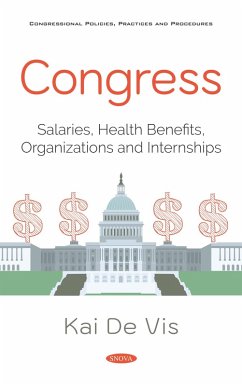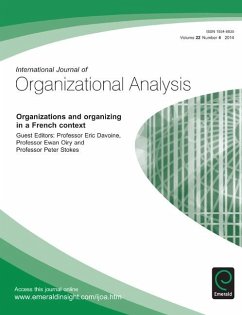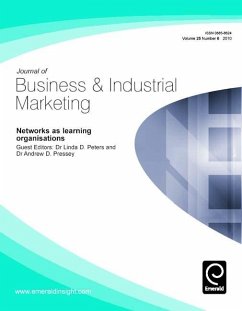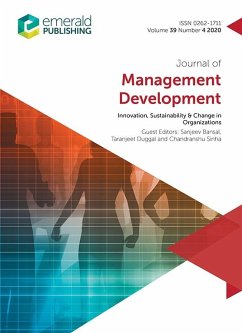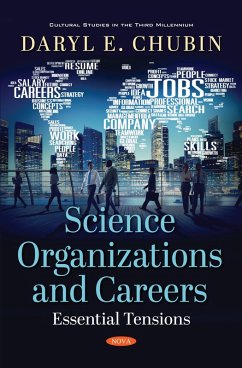
Science Organizations and Careers: Essential Tensions (eBook, PDF)

PAYBACK Punkte
44 °P sammeln!
What can one life teach about the unfolding of opportunities into developing careers? From a 20th century social scientist at the forefront of science education and science policy who transitioned between positions in universities, federal agencies, and nonprofit organizations, we learn 21st century lessons. Daryl Chubin speaks to students, educators, and program directors about demographic changes, forms of scholarship, the functions of community, and marginality as an analytical perspective on the contexts of careers. As physicist-historian Thomas Kuhn asserted in his 1977 book, The Essentia...
What can one life teach about the unfolding of opportunities into developing careers? From a 20th century social scientist at the forefront of science education and science policy who transitioned between positions in universities, federal agencies, and nonprofit organizations, we learn 21st century lessons. Daryl Chubin speaks to students, educators, and program directors about demographic changes, forms of scholarship, the functions of community, and marginality as an analytical perspective on the contexts of careers. As physicist-historian Thomas Kuhn asserted in his 1977 book, The Essential Tension, a prerequisite for making progress in science is the need to preserve an essential tension between tradition and innovation. Similarly, one beholds "essential tensions" when looking in on organizations, policies, and careers. As a white man studying the underrepresentation of women and persons of color in science and engineering, Chubin by definition was on the outside, different from his subjects while straddling a range of professional roles. He asks: What are the advantages and disadvantages of an outsider perspective? How should advocacy emerge from analysis? How do organizations capitalize on "difference"? If diversity, equity, and inclusion are valued, how does this change the way staff views its work, workforce, and place in the national culture? Science Organizations and Careers illustrates that social science differs from natural science and engineering. Each has its methods, norms, and heroes, but social science looks in and is parasitic on scientists and engineers-administrators in research institutions, scholars, elected officials, and educators at all levels of sophistication. These have been Chubin's subjects, colleagues, and conundrums. They have shaped him, bent him toward their view, educated, alienated, and applauded him. Readers, too, will have their own characters, organizations, and ambivalence with which to cope in the contradictions of their careers. This book helps to make sense of it all.
Dieser Download kann aus rechtlichen Gründen nur mit Rechnungsadresse in A, B, BG, CY, CZ, D, DK, EW, E, FIN, F, GR, HR, H, IRL, I, LT, L, LR, M, NL, PL, P, R, S, SLO, SK ausgeliefert werden.




